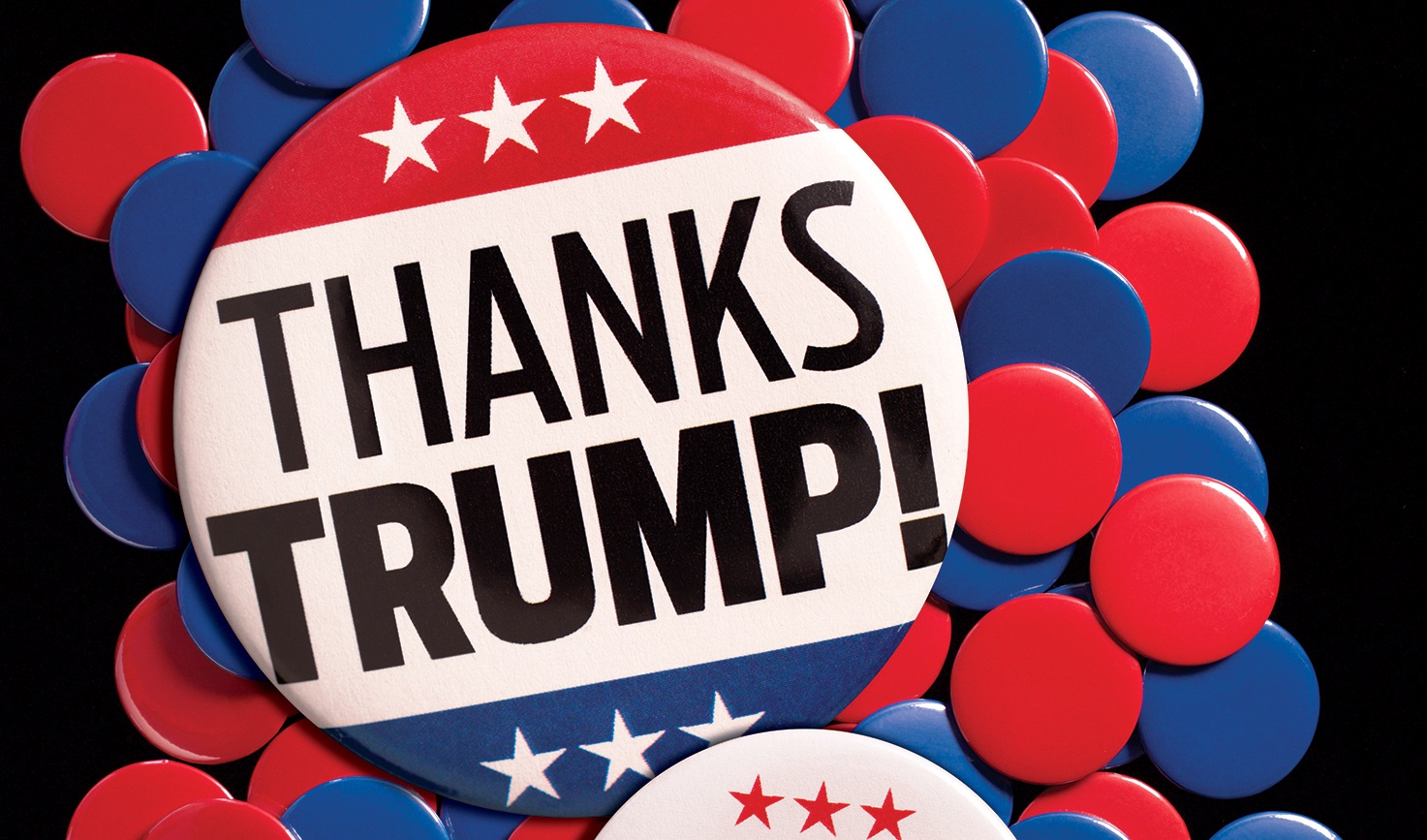By: Nick Russo TheAnimatingContest.com October 20, 2014
I do not agree with Robert Reich on a lot of issues, however, he wrote a very astute article on the Democratic Left and the Tea Party Right converging on many very important issues for our country. This converging may hold the key to a new power bloc which forces the current two party electoral system to pay attention to the largest issues of their constituencies.
The Six Principles of the New Populism (and the Establishment’s Nightmare)
by Robert Reich Read Full Article…
“Republican populism is growing, as is the Democratic version, because the public wants it.
And it’s not only the rhetoric that’s converging.
Populists on the right and left are also coming together around six principles:
1. Cut the biggest Wall Street banks down to a size where they’re no longer too big to fail. Left populists have been advocating this since the Street’s bailout now they’re being joined by populists on the right. David Camp, House Ways and Means Committee chair, recently proposed an extra 3.5 percent quarterly tax on the assets of the biggest Wall Street banks (giving them an incentive to trim down). Louisiana Republican Senator David Vitter wants to break up the big banks, as does conservative pundit George Will. “There is nothing conservative about bailing out Wall Street,” says Rand Paul.
2. Resurrect the Glass-Steagall Act, separating investment from commercial banking and thereby preventing companies from gambling with their depositors’ money. Elizabeth Warren has introduced such legislation, and John McCain co-sponsored it. Tea Partiers are strongly supportive, and critical of establishment Republicans for not getting behind it. “It is disappointing that progressive collectivists are leading the effort for a return to a law that served well for decades,” writes the Tea Party Tribune. “Of course, the establishment political class would never admit that their financial donors and patrons must hinder their unbridled trading strategies.”
3. End corporate welfare – including subsidies to big oil, big agribusiness, big pharma, Wall Street, and the Ex-Im Bank. Populists on the left have long been urging this; right-wing populists are joining in. Republican David Camp’s proposed tax reforms would kill dozens of targeted tax breaks. Says Ted Cruz: “We need to eliminate corporate welfare and crony capitalism.”
4. Stop the National Security Agency from spying on Americans. Bernie Sanders and other populists on the left have led this charge but right-wing populists are close behind. House Republican Justin Amash’s amendment, that would have defunded NSA programs engaging in bulk-data collection, garnered 111 Democrats and 94 Republicans last year, highlighting the new populist divide in both parties. Rand Paul could be channeling Sanders when he warns: “Your rights, especially your right to privacy, is under assault… if you own a cellphone, you’re under surveillance.”
5. Scale back American interventions overseas. Populists on the left have long been uncomfortable with American forays overseas. Rand Paul is leaning in the same direction. Paul also tends toward conspiratorial views about American interventionism. Shortly before he took office he was caught on video claiming that former vice president Dick Cheney pushed the Iraq War because of his ties to Halliburton.
6. Oppose trade agreements crafted by big corporations. Two decades ago Democrats and Republicans enacted the North American Free Trade Agreement. Since then populists in both parties have mounted increasing opposition to such agreements. The Trans-Pacific Partnership, drafted in secret by a handful of major corporations, is facing so strong a backlash from both Democrats and tea party Republicans that it’s nearly dead. “The Tea Party movement does not support the Trans-Pacific Partnership,” says Judson Philips, president of Tea Party Nation. “Special interest and big corporations are being given a seat at the table” while average Americans are excluded.”





